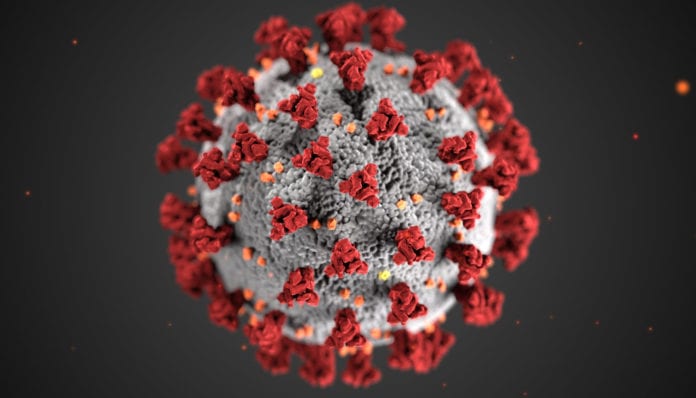“Ultimately, we need a cure. To be able to tackle that, we need to accelerate science. We do have an extreme sense of urgency” says Dario Gil, director of IBM Research. COVID-19, which has been termed a pandemic by the WHO, is spreading like wildfire. What originated in China, has now affected more than 172 countries and has caused the death of more than 40,000 people.
Talking of artificial intelligence and its contributions against the outbreak, it has helped us considerably in two ways. Firstly, it has helped in analyzing the structure of the virus and suggesting the components of a vaccine against it, and secondly, in helping researchers scour the numerous research papers that have been published in the last three months.
Vaccines are like a training course for the immune system. They prepare the body to fight a disease without exposing it to the symptoms of the disease. Proteins are an important part of viruses. They are made up of a sequence of amino acids that are responsible for its 3D structure. Once the shape is understood, scientists can develop drugs that work with the protein’s unique shape. But to examine all possible shapes of a protein before finding its unique 3D structure is time-consuming. To solve this problem, AI can help us find the shape of the virus and hence help scientists in their study for the development of the vaccine.

In the month of January, Google Deepmind introduced AlphaFold, a system that could predict the protein structure upon its genetic sequence. The system was tested in March and produced some probable structures of the virus.
Another advancement in this research used a popular biology technique to create the first 3D atomic-scale map of the part of the virus that attaches itself to and infects human cells—the spike protein. One of the predictions released by AlphaFold provided an accurate prediction for this spike structure.
Around the beginning of this week, the White House announced the creation of the COVID-19 High-Performance Computing Consortium, a union of allied agencies, academic organizations, and partners in the industry which aims at providing personnel working on vaccine development access to supercomputers, with an aim to accelerate the end of the current pandemic.

There are currently three research institutions in the consortium: MIT, The University of California, San Diego, and Rensselaer Polytechnic Institute in New York joined by federal agencies including the National Science Foundation, NASA, and laboratories within the Department of Energy along with industry juggernauts IBM, Google Cloud, Microsoft, Amazon Web Services, and Hewlett Packard.
The announcement of this consortium comes on the support of the release of the COVID-19 Open Research Database, an open-access project from the National Institutes of Health that provides data from more than 44,000 articles about SARS-CoV-2 available for AI analysis. It is updated daily as new research is published. This freely available data set is machine-readable, so researchers can create and apply natural-language processing algorithms, and hopefully accelerate the discovery of a vaccine.
With all this information at hand, we need to realize that AI is a very powerful technology for the human race and is now at the front lines of helping scientists confront COVID-19 and potential future pandemics.
Further Reading:


